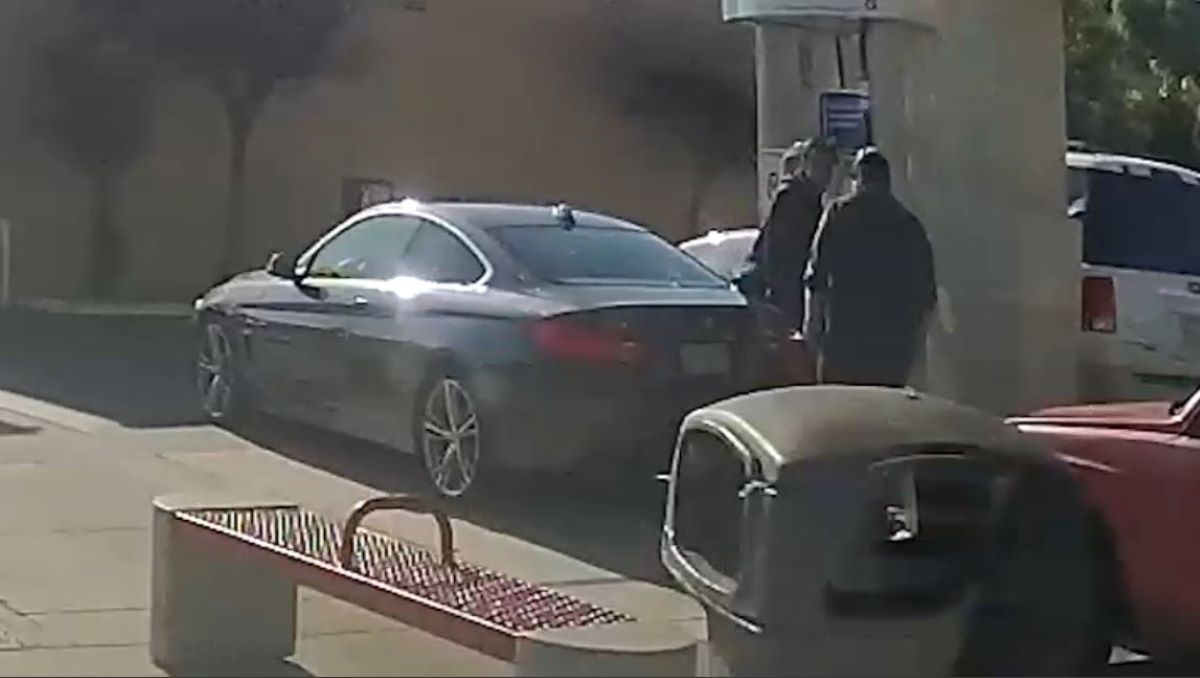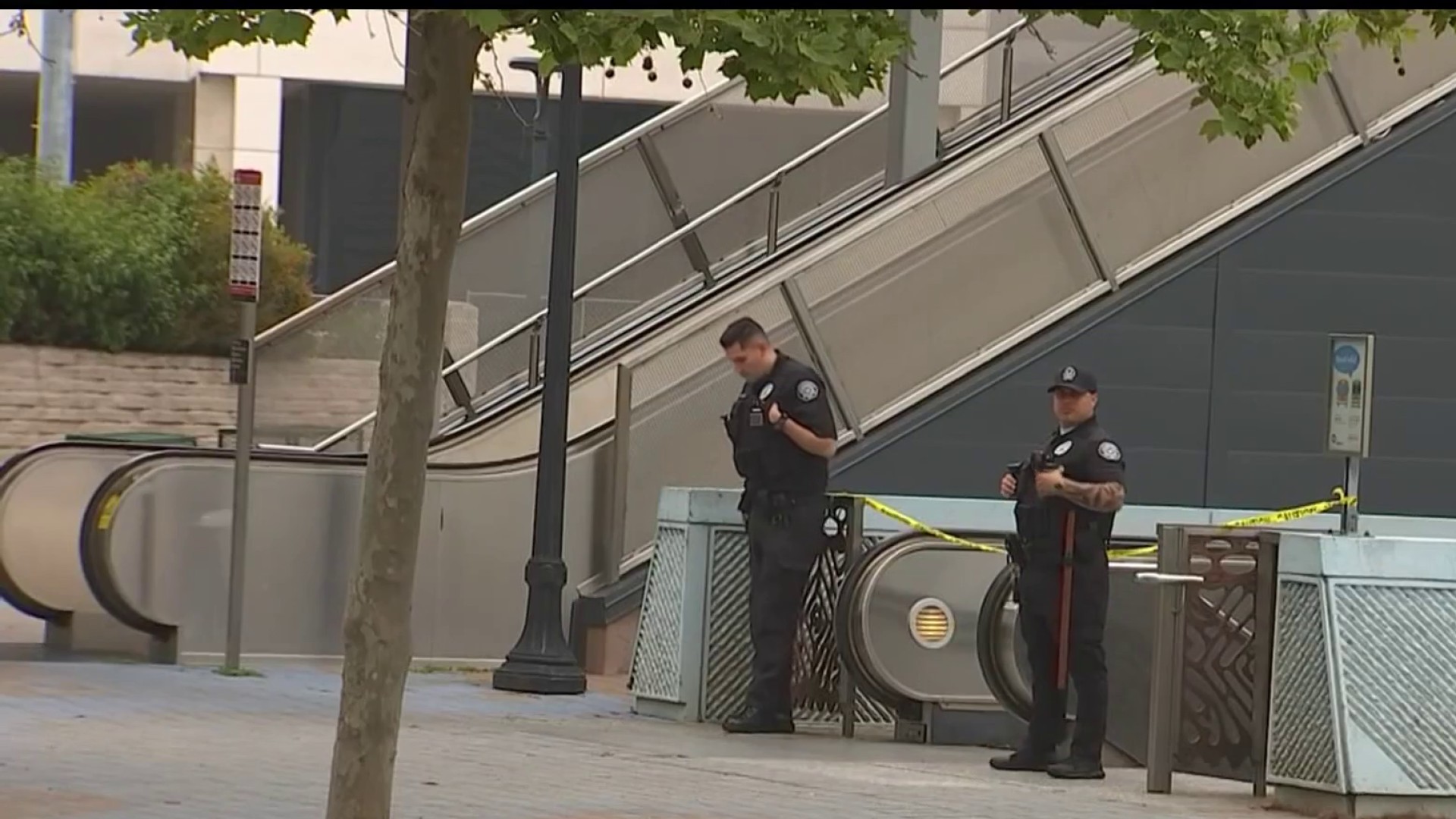Confusion over President Barack Obama's executive order on immigration continues to spread fear Wednesday in parts of the undocumented immigrant community of Los Angeles. With a ruling this week that placed a temporary injunction on the president's plan for deferred action, questions continue to swirl as 5 million people remain in the shadows.
That's where Loyola Law School's Immigrant Justice Clinic comes in. The community-based clinic offers free legal services for anyone seeking help with their immigration status.
"There is fear," says East LA's Dolores Mission Church pastor, Father Ted Gabrielli, calling the clinic a life-saver for those who use it.
"This clinic is essential to the livelihood of our community," he says, adding that not everyone can get help. "They bring sometimes the harsh truth that's hard to hear, but when possible, the lawyers are helping them find the path to a better future and more stability here in this country."
Three full-time immigration lawyers oversee 12 law school students and handle dozens of cases throughout the year.
Brenda Ayon Veredusco, a second-year law student and an immigrant herself, says she has felt a connection with the cases she has handled.
"It's really important, in my opinion, for them to trust you," she says.
Three years in, and co-founder Emily Robinson knocks on wood that they haven't lost any cases they've take on, many dealing with U-Visas for undocumented immigrant victims of crime.
News
Top news of the day
"Unfortunately for now, hope is on hold," Robinson says of the temporary injunction. "The waiting continues, but that's all they've done since they got to this country. Now they finally thought they had the opportunity to work and have a life that's full and safe."
Dolores Mission parishioner Blanca Duenas says she's been in the U.S. for 27 years, has four children who are American citizens, and learned through the Immigrant Justice Clinic that she's a shoe-in for DAPA: Deferred Action for Parents of American Citizen Children, if the program ever gets off the ground.
"I'm worried," Duenas says, "because I've been waiting so long for my pathway to citizenship."
Every Wednesday the clinic draws a line of people looking for help at the Dolores Mission. It's the same on Fridays at Homeboy Industries.
"It's a lot of families with mixed status," Robinson says. "They are the ideal candidates for a lot of these executive action programs."
"Everyone has been so hopeful for not only executive action but immigration reform," says clinic co-founder Marissa Montes. "When Obama announced he was expanding DACA and creating DAPA, it brought a lot of hope to the community that this was the right step."
But with so much still unknown about the future of the programs, the only thing the clinic can do for DACA/DAPA-eligible claims is educate those who still hope to apply.
"For right now, we're just going to have to wait, keep preparing documents and wait a little bit longer," Robinson says.
This article first appeared on NBCLA.com on Feb. 18, 2015. The story aired on NBC4 on Feb. 19, 2015.



